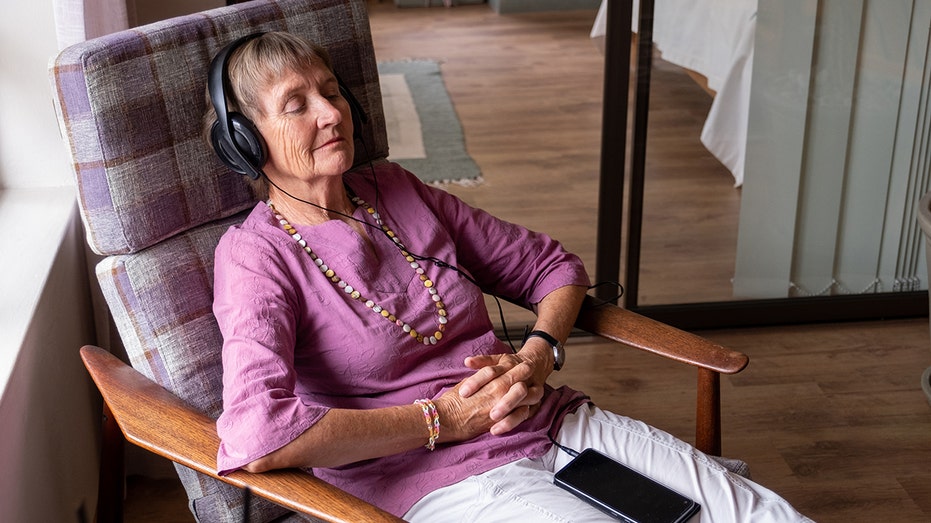A quiet revolution in dementia prevention may be unfolding, and the key isn't a pill or a complex therapy – it’s music. New research suggests a lifelong engagement with music, whether through listening or playing, could dramatically lower the risk of developing this devastating condition.
The study, following over 10,800 adults aged 70 and older, revealed a striking correlation: those who consistently listened to music were nearly 40% less likely to experience dementia. This isn’t just about enjoyment; it’s about actively safeguarding cognitive function as we age.
The benefits extended to those who actively *made* music. Individuals who played instruments demonstrated a 35% reduction in dementia risk, and combining both listening and playing amplified the protective effect. It suggests a powerful synergy between passive and active musical engagement.
Researchers discovered that regular musical activity wasn’t just linked to a lower risk of dementia, but also to improved memory performance and overall cognitive health. Even mild cognitive impairment, a precursor to dementia, showed a 22% reduction in those regularly involved with music.
With dementia affecting an estimated 57 million people globally, the implications are profound. This research doesn’t definitively *prove* music prevents dementia, but it strongly suggests it’s a readily accessible and potentially powerful tool for maintaining brain health.
The positive effects were particularly noticeable in individuals with higher levels of education, those who completed at least 16 years of schooling. However, even across varying education levels, the trend towards cognitive benefit remained consistent.
This isn’t an isolated finding. A growing body of research highlights the importance of mentally stimulating hobbies – reading, art, and now, music – in preserving cognitive function during aging. These activities appear to build resilience within the brain.
Experts caution that while mental stimulation is beneficial, the science is still evolving. However, the social element of music, particularly playing an instrument, adds another layer of protection, fostering connection and combating isolation – a known risk factor for cognitive decline.
The beauty of this discovery lies in its simplicity. Music is universally accessible, emotionally resonant, and now, potentially a vital component of a proactive approach to brain health in later life. It’s a melody of hope in the face of a growing global challenge.






